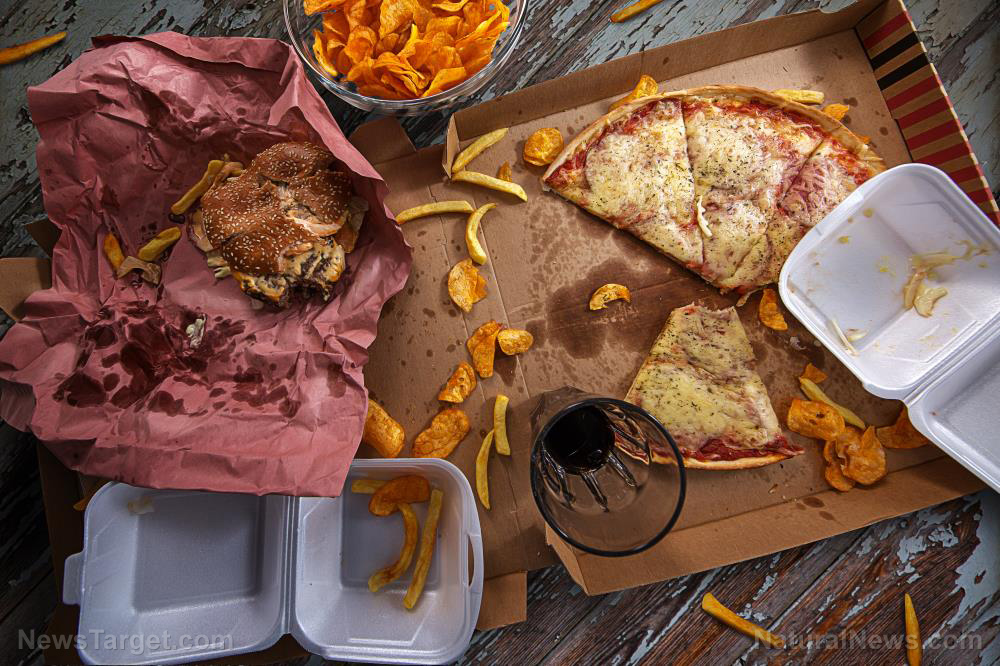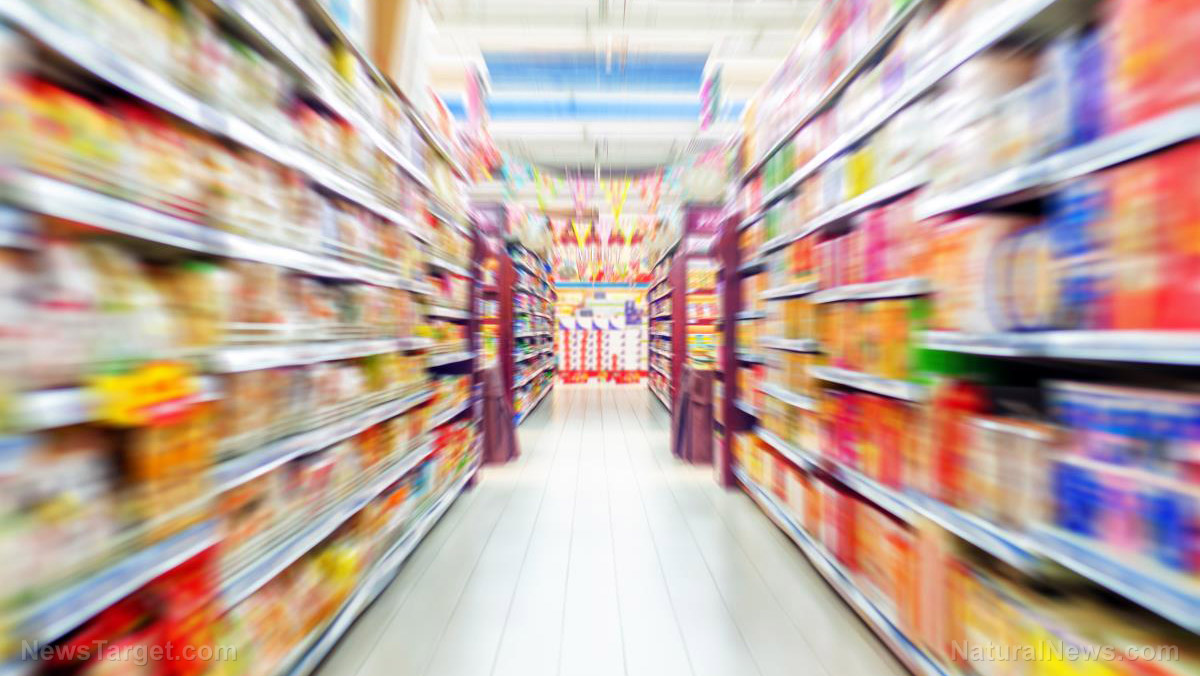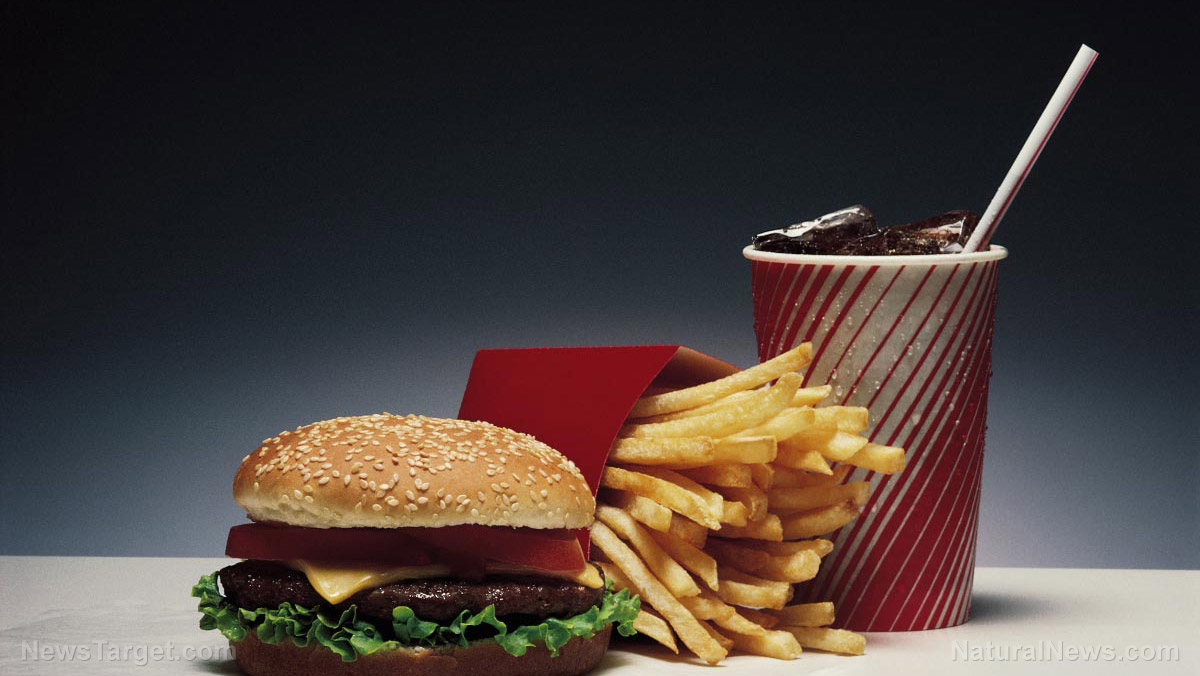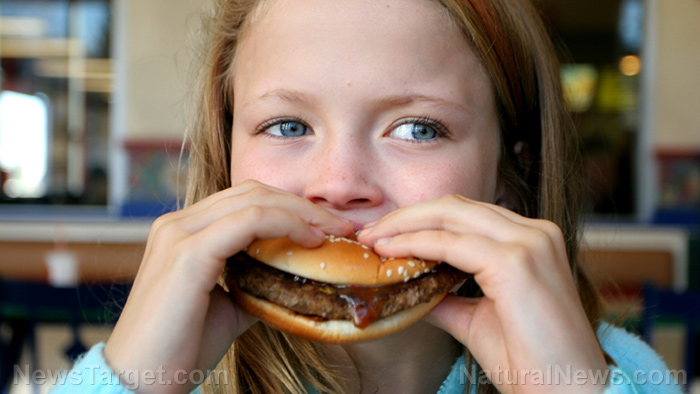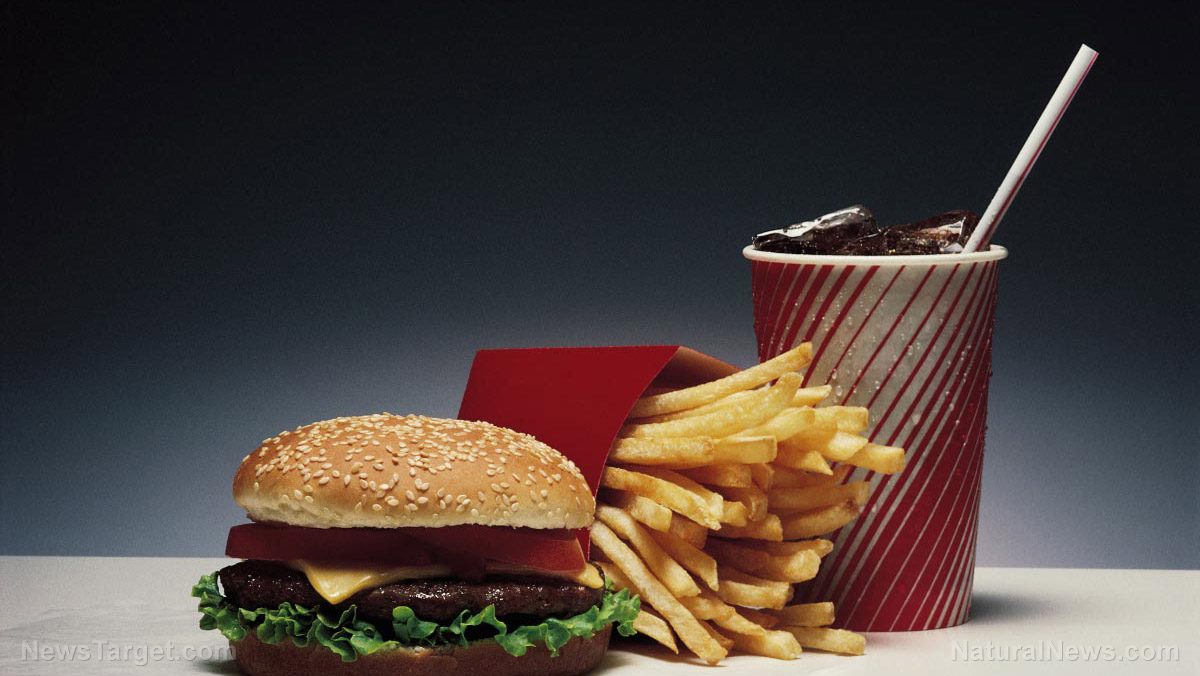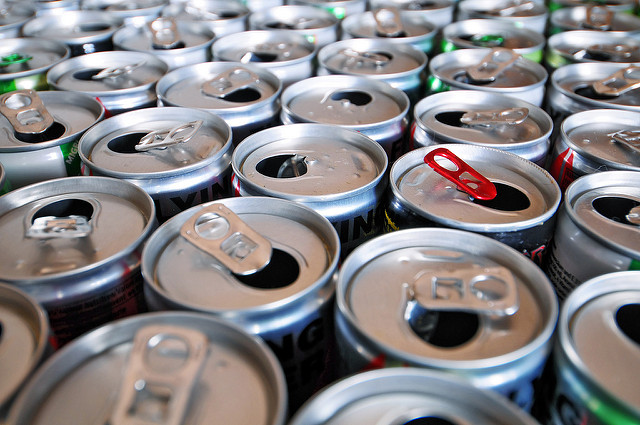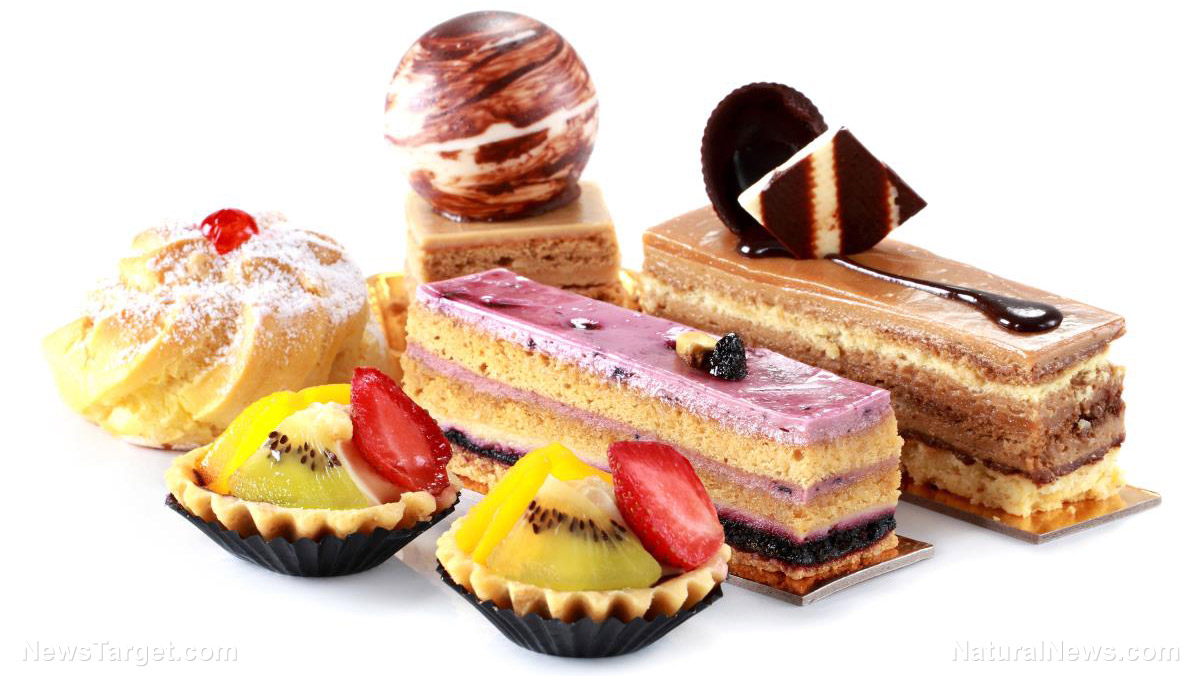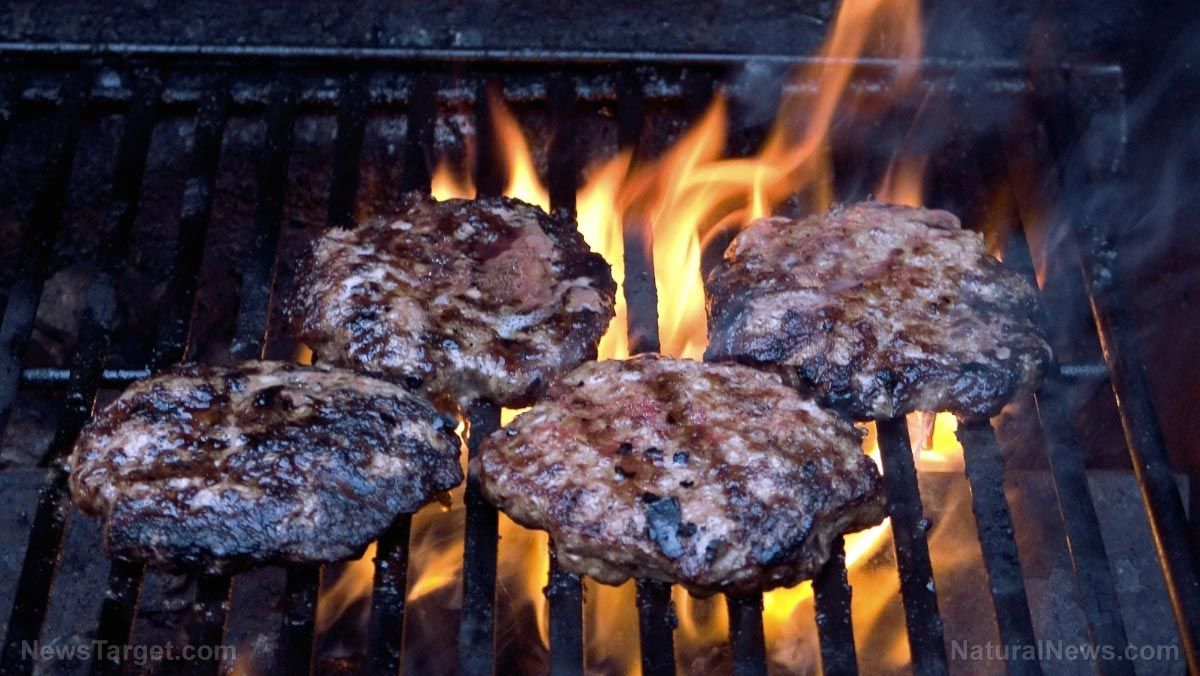Your insomnia may be caused by your diet! Not eating enough veggies and gorging on junk food makes you more restless
05/18/2018 / By Ralph Flores
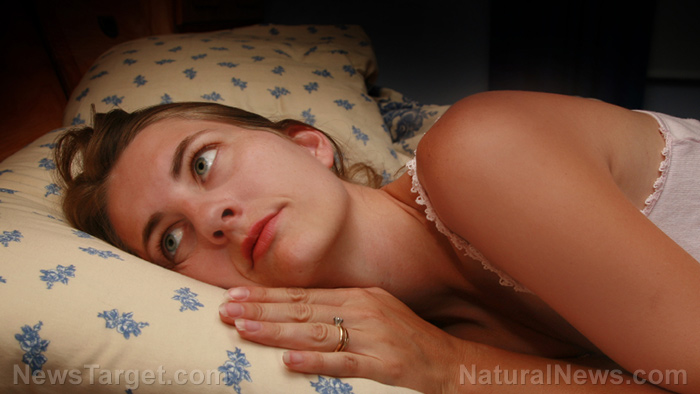
Researchers have found that a person’s sleepless nights could be traced to his diet. In a study published in The American Journal of Clinical Nutrition, the authors indicated that having a higher energy intake, coupled with trans fat and sodium consumption, with only a few vegetables is linked to probable insomnia.
Insomnia is a condition wherein a person has difficulty falling or staying asleep. This happens even if a person has access to restful conditions, and it can lead to diminished sleep quality, as well as sluggishness, difficulty concentrating, mood swings, and an overall decrease in performance. There are two forms of insomnia: Acute insomnia is caused by external circumstances that make it difficult to fall asleep (such as the night before the exam or after receiving bad news); chronic insomnia, on the other hand, is when the condition persists for at least three nights per week for at least three months. This is usually caused by shift work, unhealthy sleep habits, as well as other clinical disorders.
In the U.S., the National Institutes of Health says that around 30 percent of Americans suffer from some form of sleep disruption, with 10 percent having signs and symptoms that are consistent with insomnia.
Earlier studies have studied the link between insomnia and poor nutrition; however, researchers have stated that a large-scale, population-based cohort study has not yet been conducted this possibility. In the study, they used the Alternate Healthy Eating Index (AHEI) to measure the energy intake and the quality of the diet of people who have probable insomnia and those with individual insomnia symptoms. The study involved over 15,000 men in the U.S. who were free of cancer, cardiovascular diseases, and diabetes. The sample, with an age range of 58 to 93 years old, also participated in the Health Professionals Follow-Up Study, where they reported symptoms of insomnia. The researchers then measured each person’s dietary intake using a food-frequency questionnaire at the beginning and the end of the study period and looked at the mean differences in total energy intake, and compared it with their AHEI scores and their answers in the questionnaire.
Based on the results, the researchers noted that people with probable insomnia had a higher energy consumption than the rest. They also had eaten more trans fat and sodium and fewer vegetables. People with individual insomnia symptoms had similar results: Those who had difficulty going to and maintaining sleep also had a higher energy intake. (Related: Beat insomnia and sleep easy with these herbs and natural remedies.)
“This large cohort study of men suggests that probable insomnia and certain insomnia symptoms may have a potential unfavorable impact on diet,” the researchers concluded. “Future studies are warranted to replicate these associations in other populations and with other objective measures of insomnia.”
Natural ways to beat insomnia
Aside from cutting out trans fat and sodium – which are present in nearly all junk foods – and upping your vegetable intake, here are other tips that you can use to achieve restful sleep, naturally.
- Cut back on coffee and alcohol before you go to sleep. These two ingredients increase nighttime urination, which can disturb sleep.
- If your bedroom is noisy, you can consider buying a “white noise generator.” This masks the noise with soothing sounds to help you sleep better.
- Limit the use of technology at least an hour before sleeping. Gadgets interfere with the levels of melatonin and shorten REM cycles, a factor of deep sleep.
- Get some exercise during the day. The more energy you use during the day, the sleepier you will feel at nighttime.
- If possible, try to dim the lights in your house at least an hour before you sleep to prepare your body.
Catching sleep shouldn’t be an uphill battle – learning to cut back on unhealthy food may just save you from a sleepless night later on.
Are you interested in learning more about natural remedies for insomnia? Visit NaturalCures.news today.
Sources include:
Tagged Under: acute insomnia, chronic insomnia, deep sleep, diet, high-energy diet, insomnia, insomnia relief, natural cures, REM cycles, sleep disorders, sleep disruption, sleep habits, sleep quality, sodium, tips for overcoming insomnia, trans fat






